Home>Garden Essentials>How Long For Broccoli Seeds To Sprout
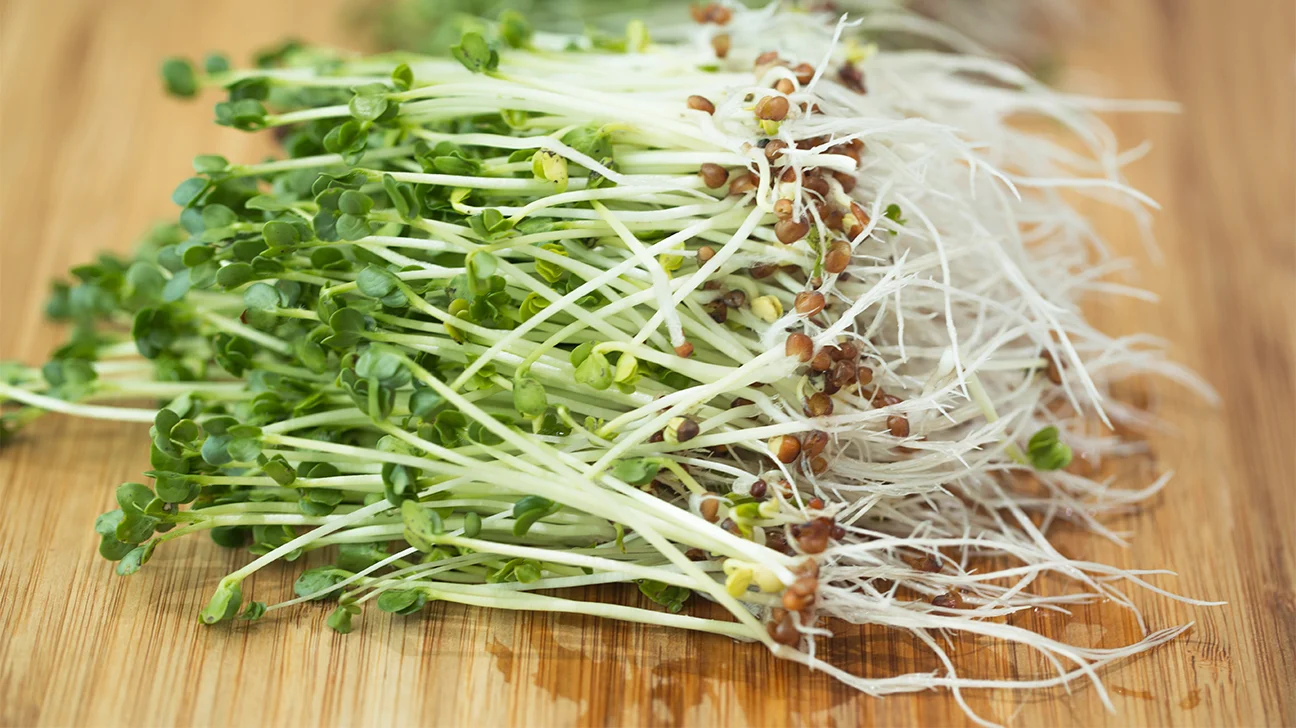

Garden Essentials
How Long For Broccoli Seeds To Sprout
Modified: March 15, 2024
Learn how long it takes for garden broccoli seeds to sprout and start growing in your garden. Discover the timeline and steps to successful sprouting.
(Many of the links in this article redirect to a specific reviewed product. Your purchase of these products through affiliate links helps to generate commission for Storables.com, at no extra cost. Learn more)
Introduction
Welcome to the world of gardening! If you’re a beginner or even an experienced gardener, understanding the germination process of different plants is crucial for a successful harvest. When it comes to growing broccoli, one question that often arises is: How long does it take for broccoli seeds to sprout?
The germination time for broccoli seeds can vary based on several factors, including environmental conditions and the quality of the seeds. In this article, we will dive into the factors affecting germination time, discuss the ideal growing conditions for broccoli seeds, provide tips for promoting faster germination, and address common problems that may arise during this process.
So, whether you’re planning to grow broccoli in your backyard garden or in containers on your balcony, read on to discover all you need to know about sprouting broccoli seeds and ensuring a bountiful harvest.
Key Takeaways:
- Broccoli seeds typically sprout within 5 to 10 days, but factors like temperature and seed quality can affect the germination time. Patience and proper care are essential for successful sprouting.
- To promote faster germination, consider pre-soaking or scarifying the seeds, using bottom heat, and creating a germination dome. Address common problems like poor seed quality and pest damage for healthy seedling growth.
Factors Affecting Germination Time
Several factors can influence the germination time of broccoli seeds. Understanding these factors will help you create the optimal conditions for sprouting and ensure a successful germination process. Here are some key factors to consider:
- Seed Quality: The quality of the seeds plays a significant role in germination time. It’s essential to purchase high-quality broccoli seeds from reputable sources to ensure a higher germination rate and quicker sprouting.
- Temperature: Broccoli seeds germinate best in cool temperatures, preferably between 65 to 75 degrees Fahrenheit (18 to 24 degrees Celsius). Lower temperatures can slow down germination, while higher temperatures can hinder sprouting or even lead to seedling damage.
- Moisture: Adequate moisture is crucial for seed germination. The soil should be consistently moist, but not overly saturated. If the soil becomes too dry or too waterlogged, it can delay or inhibit germination.
- Light: Unlike some other seeds, broccoli seeds do not require light for germination. In fact, they prefer to germinate in darkness. So, make sure to cover the seeds with a thin layer of soil or a germination dome to keep them in the dark until they sprout.
- Seed Depth: The depth at which you plant your broccoli seeds can affect germination time. It is recommended to plant the seeds at a depth of around 1/4 to 1/2 inch (0.6 to 1.3 cm) in the soil. Planting too shallow or too deep can delay or inhibit sprouting.
- Seed Pre-Treatment: Some gardeners opt for pre-treating broccoli seeds to enhance germination. This can include methods like soaking the seeds overnight or scarifying them by roughening the seed coat. However, these pre-treatments may not always be necessary, as broccoli seeds generally have good germination rates without them.
By understanding and managing these factors, you can significantly influence the germination time of your broccoli seeds and ensure a successful start to your gardening journey.
Ideal Growing Conditions for Broccoli Seeds
Broccoli is a cool-season vegetable that thrives in specific growing conditions. By providing the ideal environment for your broccoli seeds, you can promote faster germination and facilitate healthy seedling development. Here are the key elements of ideal growing conditions for broccoli seeds:
- Temperature: As mentioned earlier, broccoli prefers cool temperatures. To ensure optimal germination, the soil temperature should be between 65 to 75 degrees Fahrenheit (18 to 24 degrees Celsius). If you live in a region with a shorter growing season, starting your broccoli seeds indoors and then transplanting them outdoors is recommended.
- Soil Quality: Broccoli thrives in well-draining soil rich in organic matter. Prepare the soil by incorporating compost or well-rotted manure to improve its fertility and structure. The pH level of the soil should ideally be between 6.0 and 7.5 for optimal growth.
- Sunlight: While broccoli seeds do not require light for germination, they do need full sunlight once they sprout. Make sure to choose a sunny location for transplanting your seedlings, where they can receive at least six hours of direct sunlight daily.
- Watering: Adequate and consistent moisture is crucial for the successful germination and growth of broccoli seeds. Water the soil evenly, keeping it consistently moist but not waterlogged. Be cautious not to overwater, as it can lead to rotting or other fungal diseases.
- Spacing: When transplanting the broccoli seedlings, make sure to provide enough space for them to grow. Broccoli plants can get quite large, so spacing them around 18 to 24 inches (45 to 60 centimeters) apart will ensure proper air circulation and prevent overcrowding.
- Protection from Pests: Broccoli is susceptible to pests like aphids, cabbage worms, and flea beetles. Implementing pest control measures, such as using row covers or applying organic insecticides, can help protect your seedlings from these common pests.
By creating these ideal growing conditions, you can provide the best possible environment for your broccoli seeds, resulting in faster germination, robust seedlings, and ultimately a successful and healthy broccoli harvest.
Germination Time for Broccoli Seeds
Now that you understand the factors affecting germination time and the ideal growing conditions for broccoli seeds, let’s delve into the germination timeline you can expect when planting your broccoli seeds.
On average, broccoli seeds will begin to sprout within 5 to 10 days after planting. However, it’s important to note that germination time can vary based on environmental factors, seed quality, and adherence to ideal growing conditions.
The germination process typically involves the seeds absorbing moisture, breaking through the seed coat, and sending out a tiny root (radicle) and shoot (hypocotyl). Once the seedling emerges from the soil, it will continue to grow and develop into a mature broccoli plant.
Some factors, such as warmer temperatures and optimal moisture levels, can expedite the germination process, resulting in sprouting within the earlier end of the 5 to 10 day range. Conversely, cooler temperatures or poor seed quality can prolong the germination period, extending it toward the later end of the range or even beyond.
It’s essential to be patient during this process and give your broccoli seeds enough time to sprout. While it can be tempting to check on them frequently, avoid disturbing the soil or checking for sprouts too often, as this can delay or damage the developing seedlings.
During the germination period, continue to monitor the soil moisture levels, ensuring they remain consistently moist. Avoid overwatering, as excessive moisture can lead to fungal diseases and hinder germination.
Remember, gardening is a journey that requires patience and care. By providing the optimal growing conditions and allowing enough time for germination, you can maximize your chances of successful sprouting and the development of healthy broccoli seedlings.
Broccoli seeds typically take 5-10 days to sprout. Keep the soil consistently moist and provide plenty of sunlight for best results.
Tips for Promoting Faster Germination
If you’re eager to see your broccoli seeds sprout as quickly as possible, there are several tips and techniques you can employ to promote faster germination. While germination time can vary, incorporating these practices can help expedite the process. Here are some tips to consider:
- Pre-soaking the Seeds: Pre-soaking the broccoli seeds for a few hours or overnight can help soften the seed coat and speed up germination. Place the seeds in a container with water and let them soak before planting. Be sure to discard any seeds that float to the top, as they may be non-viable.
- Scarifying the Seeds: Some gardeners opt to scarify the broccoli seeds to break the seed coat and facilitate faster water absorption. Gently nick the seed coat with a file or sandpaper, being careful not to damage the seed embryo inside.
- Using Bottom Heat: Broccoli seeds prefer cool temperatures, but providing gentle bottom heat can encourage faster germination. You can use a seedling heat mat or place the seed trays on top of a warm surface, such as a refrigerator or radiator.
- Optimizing Moisture Levels: Maintaining consistent moisture is crucial for germination. However, soggy or overly saturated soil can hinder sprouting. Ensure that the soil remains consistently moist, but not waterlogged, by watering evenly and monitoring the moisture levels regularly.
- Creating a Germination Dome: Covering the planted seeds with a germination dome can create a mini greenhouse effect, promoting faster germination. The dome helps to retain moisture and maintain a more stable temperature and humidity level around the seeds.
- Planting in Grow Trays: Planting broccoli seeds in reusable grow trays or cell flats can create a controlled environment for germination. These trays provide better moisture retention and allow for easier transplanting once the seedlings are ready.
Remember that while these tips can help promote faster germination, patience is still essential. Allow sufficient time for the seeds to sprout naturally, as rushing the process can potentially damage the delicate seedlings.
By implementing these techniques and maintaining ideal growing conditions, you can increase the likelihood of faster germination and enjoy the sight of your broccoli seeds sprouting into healthy and vibrant seedlings.
Read more: How Long For Seeds To Sprout
Common Problems and Troubleshooting
While growing broccoli seeds can be a rewarding experience, a few common problems may arise during the germination process. Understanding these issues and knowing how to troubleshoot them will help you overcome any challenges you may encounter. Here are some common problems and their solutions:
- Poor Seed Quality: If your broccoli seeds fail to sprout within the expected time frame, it could be due to poor seed quality. Ensure that you are using fresh, high-quality seeds from a reputable source. If the problem persists, consider purchasing seeds from a different supplier.
- Inadequate Moisture: Insufficient moisture can hinder germination. If you notice that your soil is drying out too quickly, try using a mulch layer to retain moisture or increase the frequency of watering. However, be cautious not to overwater, as this can lead to root rot and other fungal diseases.
- Extremes in Temperature: Broccoli seeds prefer cool temperatures, but extremes in temperature can be detrimental to their germination. If the temperature is too low, consider using a seedling heat mat or a warm location to provide gentle bottom heat. Conversely, if the temperature is too high, provide shade or use shade cloth to protect the seedlings from excessive heat.
- Pest Damage: Broccoli plants are susceptible to pests, such as aphids, cabbage worms, and flea beetles. If you notice signs of pest damage, such as holes in the leaves or stunted growth, take appropriate measures to control the pests. This can include using organic insecticides, introducing beneficial insects, or covering the plants with row covers to prevent infestation.
- Damping Off: Damping off is a fungal disease that can affect young seedlings. It often leads to the decay of the stem at the soil level, causing the seedlings to topple over. To prevent damping off, ensure good air circulation, avoid overcrowding the seedlings, and water from the bottom rather than overhead.
- Improper Seed Depth: Planting the broccoli seeds too shallow or too deep in the soil can impede germination. Follow the recommended seed depth of around 1/4 to 1/2 inch (0.6 to 1.3 cm) and make sure to cover the seeds with a thin layer of soil to provide the right conditions for sprouting.
By addressing these common problems and taking necessary steps to troubleshoot them, you can increase your chances of successful germination and ensure the healthy development of your broccoli seedlings.
Conclusion
Growing broccoli from seeds is a fulfilling and rewarding gardening experience. By understanding the factors influencing germination time, creating optimal growing conditions, and implementing the tips provided, you can promote faster germination and ensure the healthy development of your broccoli seedlings.
Remember that patience is key when it comes to germination. While broccoli seeds typically sprout within 5 to 10 days, variations can occur based on various factors. Providing adequate moisture, maintaining ideal temperatures, and ensuring good seed quality are essential for successful sprouting.
To optimize the germination process, pre-soaking or scarifying the seeds, using bottom heat, and creating a germination dome can all be helpful techniques. Additionally, proper spacing, protection from pests, and addressing common problems like damping off or poor seed quality are crucial for ensuring healthy seedling growth.
As you embark on your journey of growing broccoli from seeds, remember to enjoy the process. Gardening is an adventure that requires nurturing, observation, and patience. With each sprouting seed and thriving seedling, you’ll be one step closer to a bountiful harvest of delicious homegrown broccoli.
So, don’t hesitate to get your hands dirty and start planting those broccoli seeds. Happy gardening!
Frequently Asked Questions about How Long For Broccoli Seeds To Sprout
Was this page helpful?
At Storables.com, we guarantee accurate and reliable information. Our content, validated by Expert Board Contributors, is crafted following stringent Editorial Policies. We're committed to providing you with well-researched, expert-backed insights for all your informational needs.
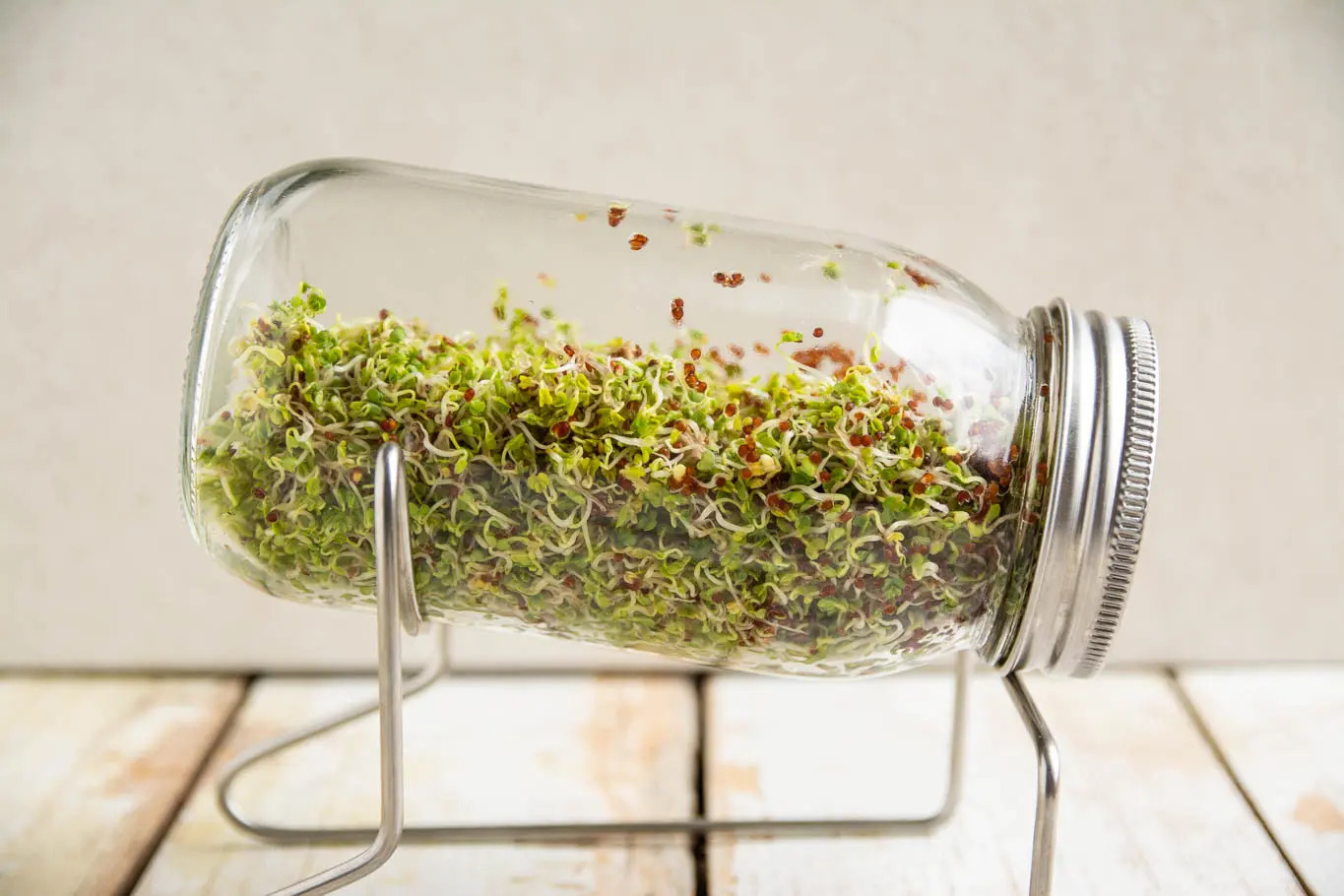
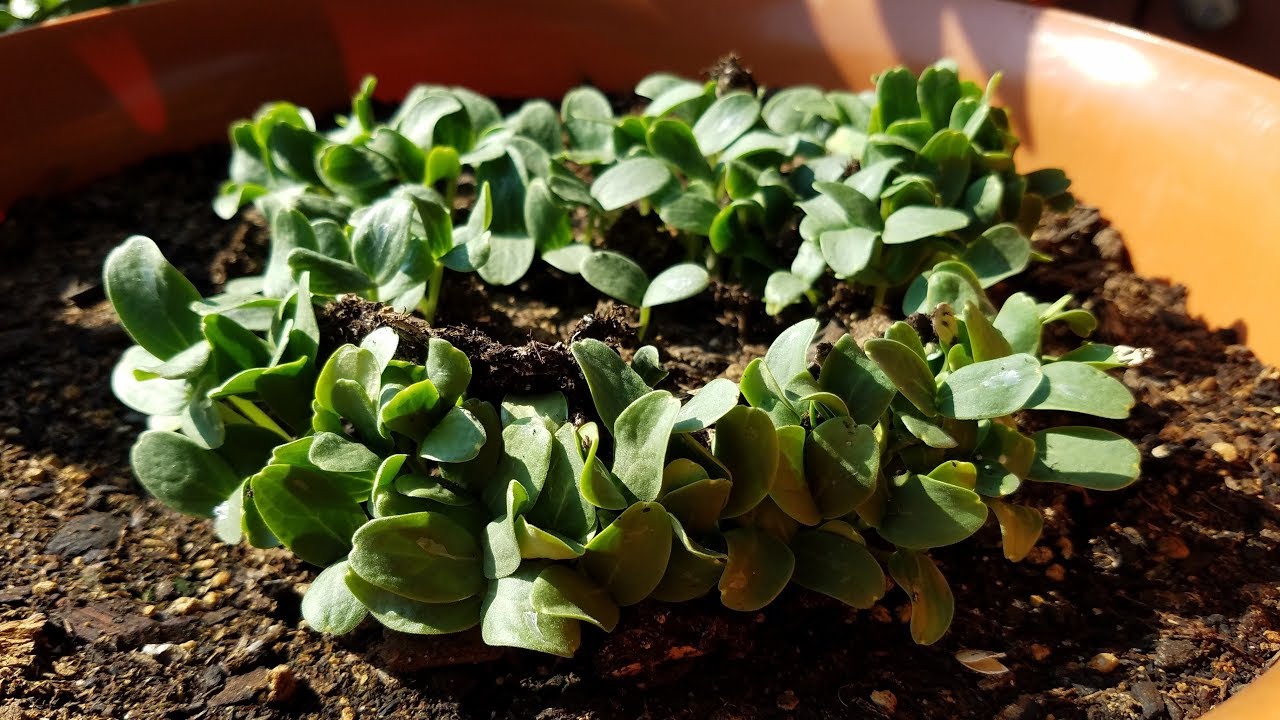
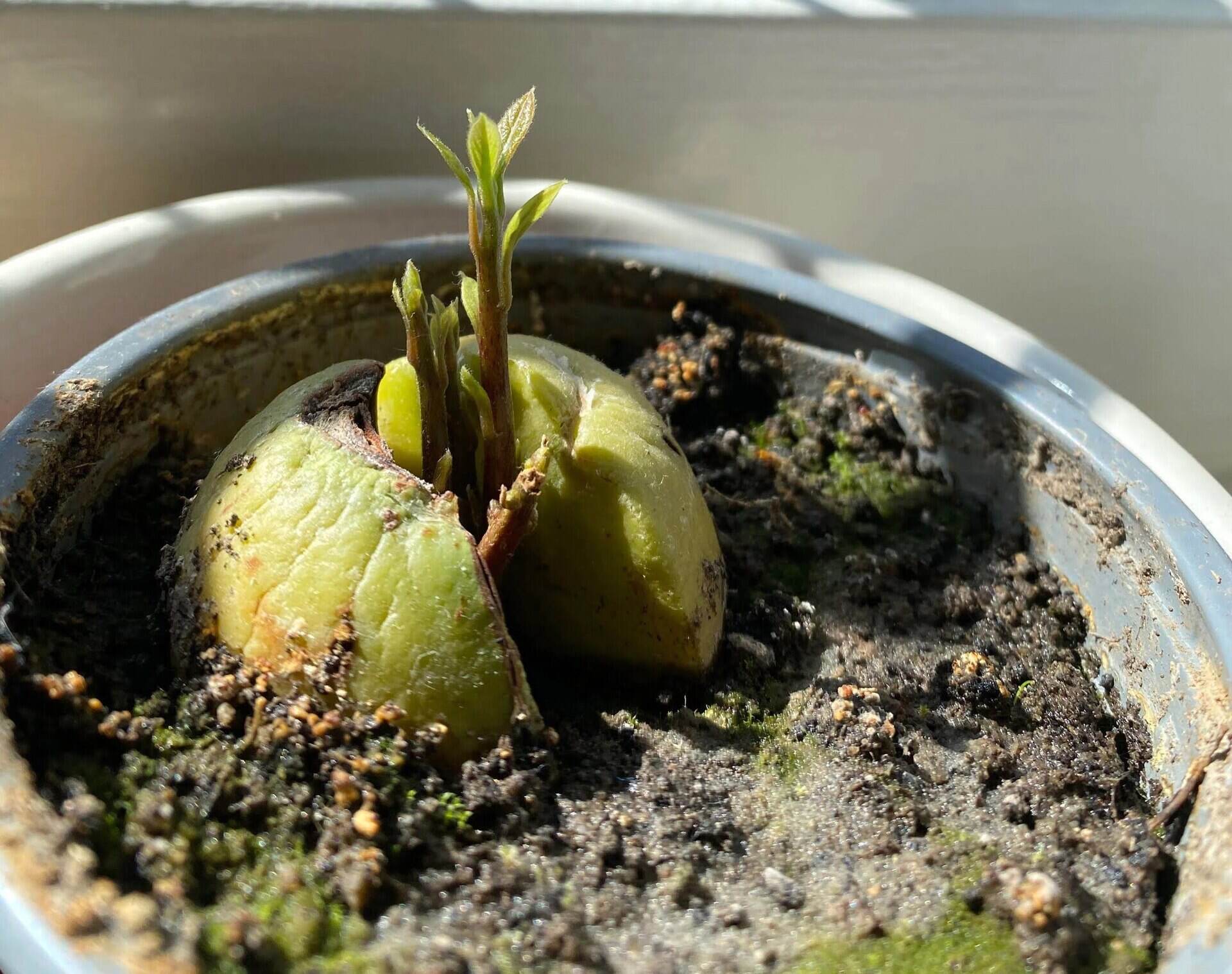
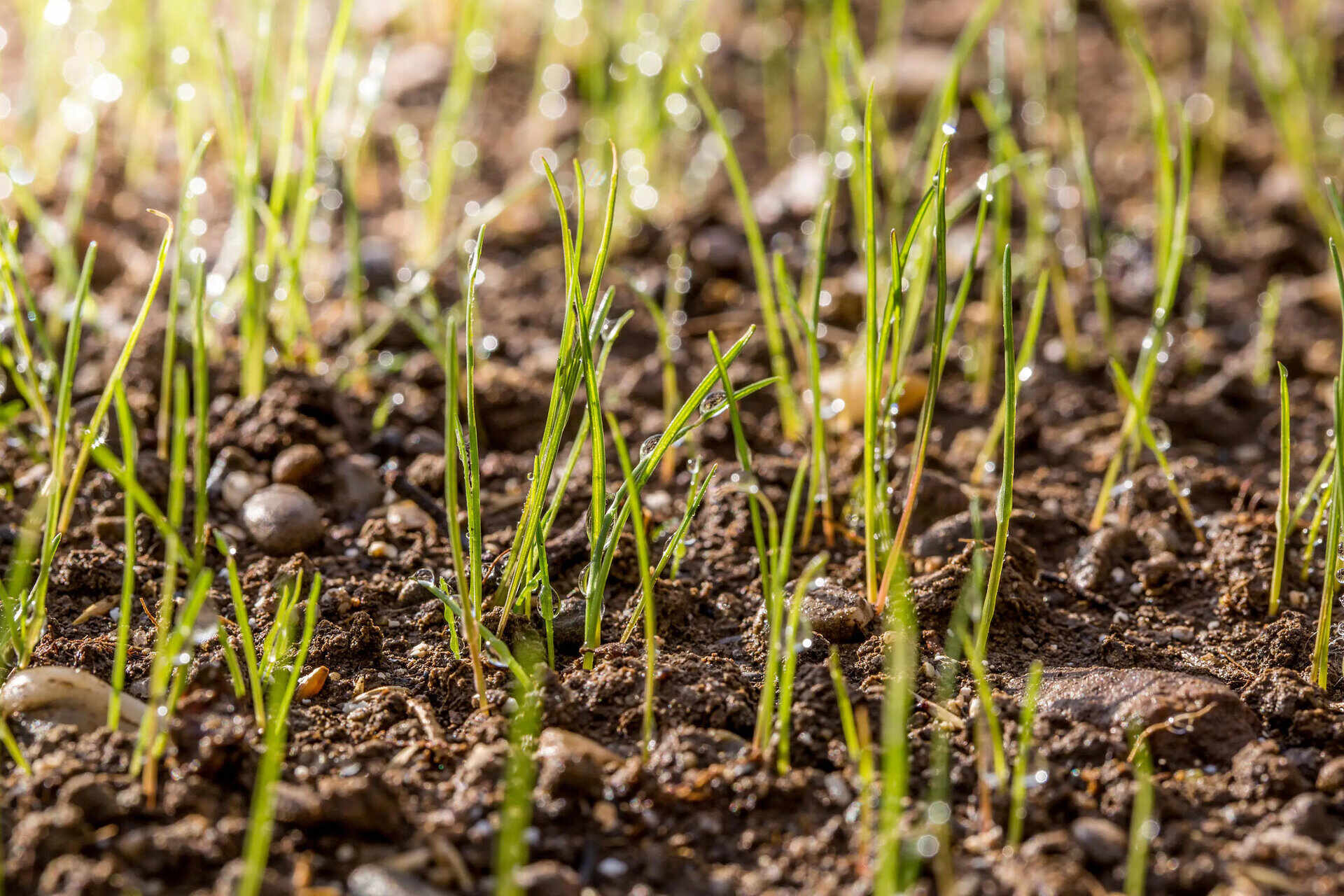
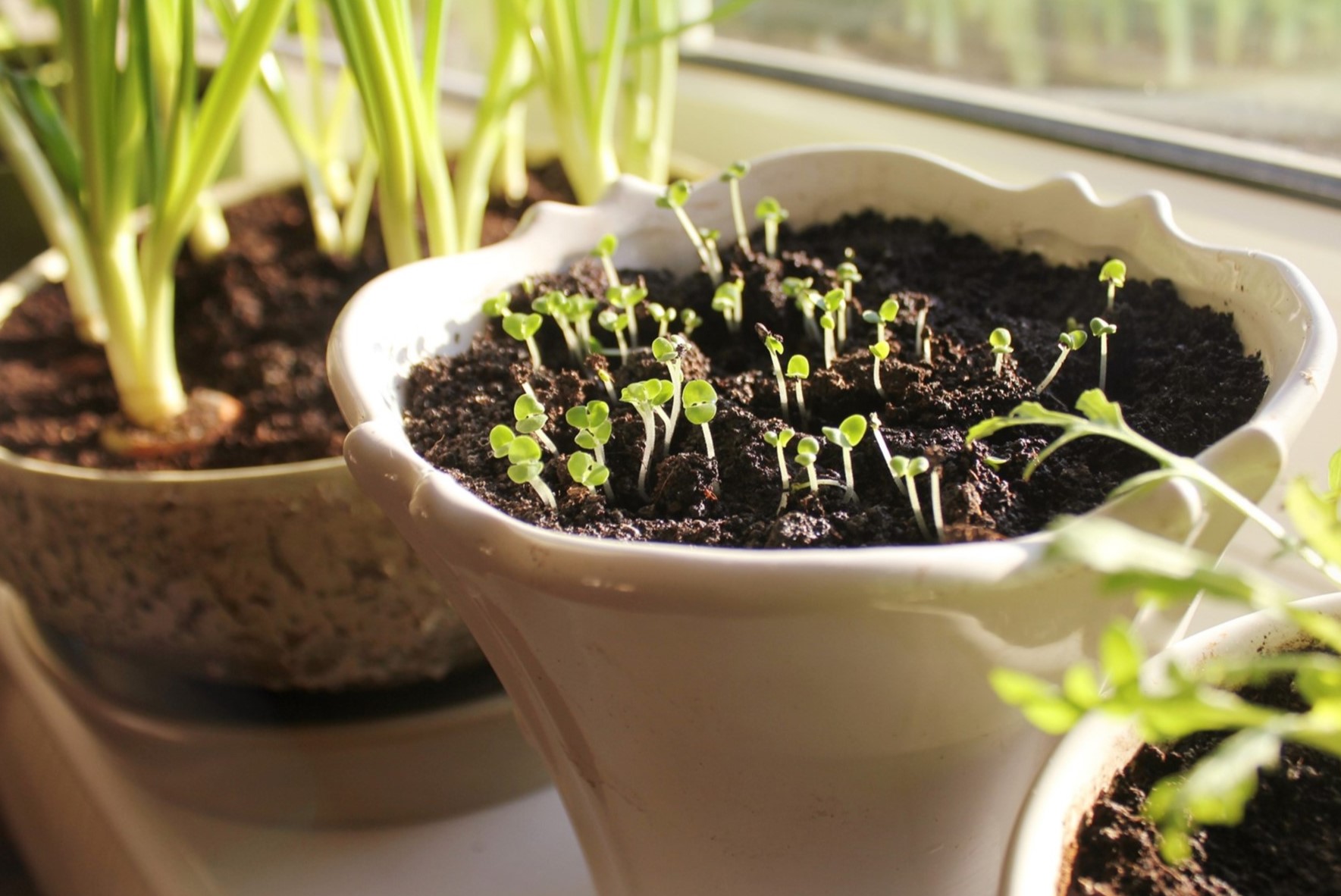
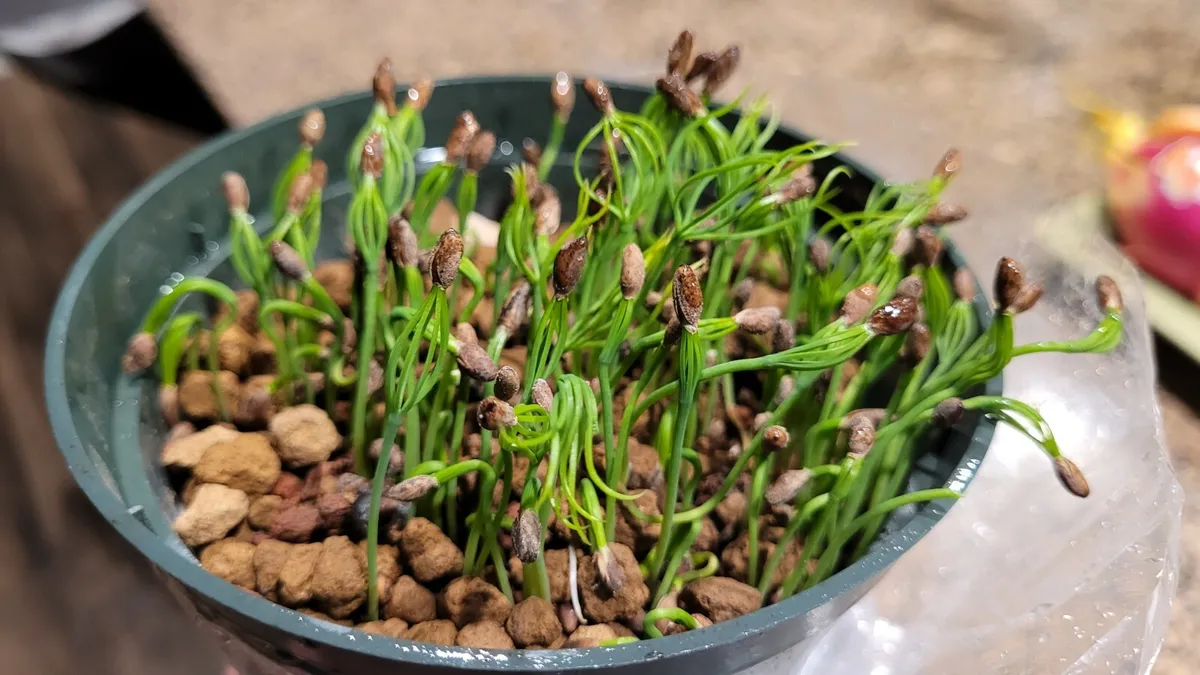
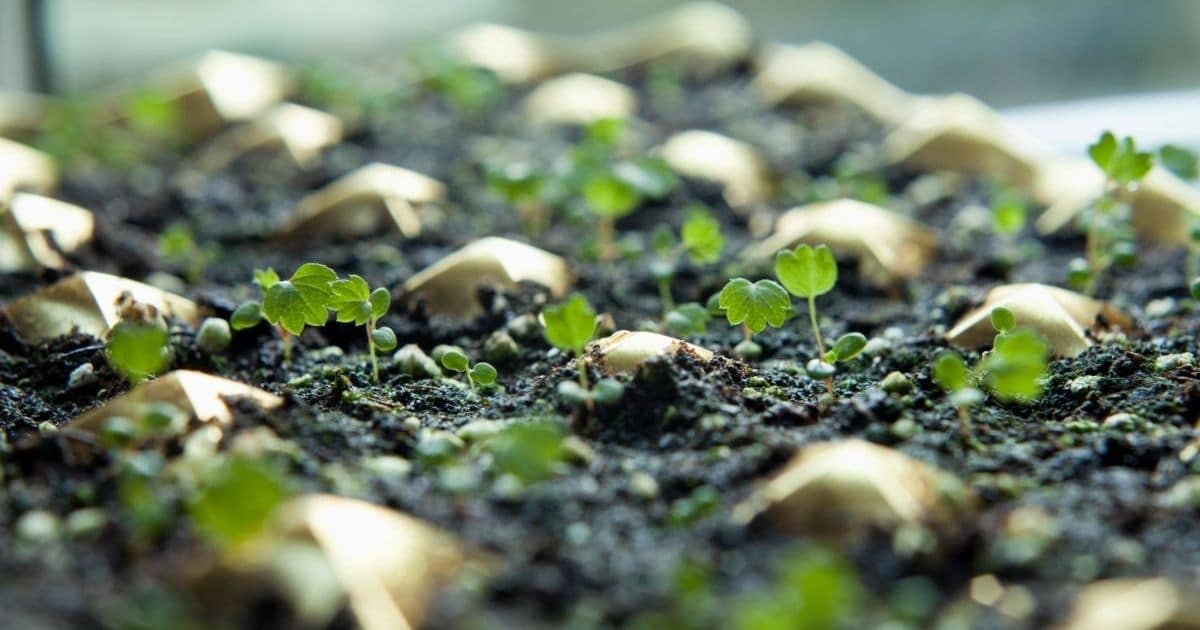
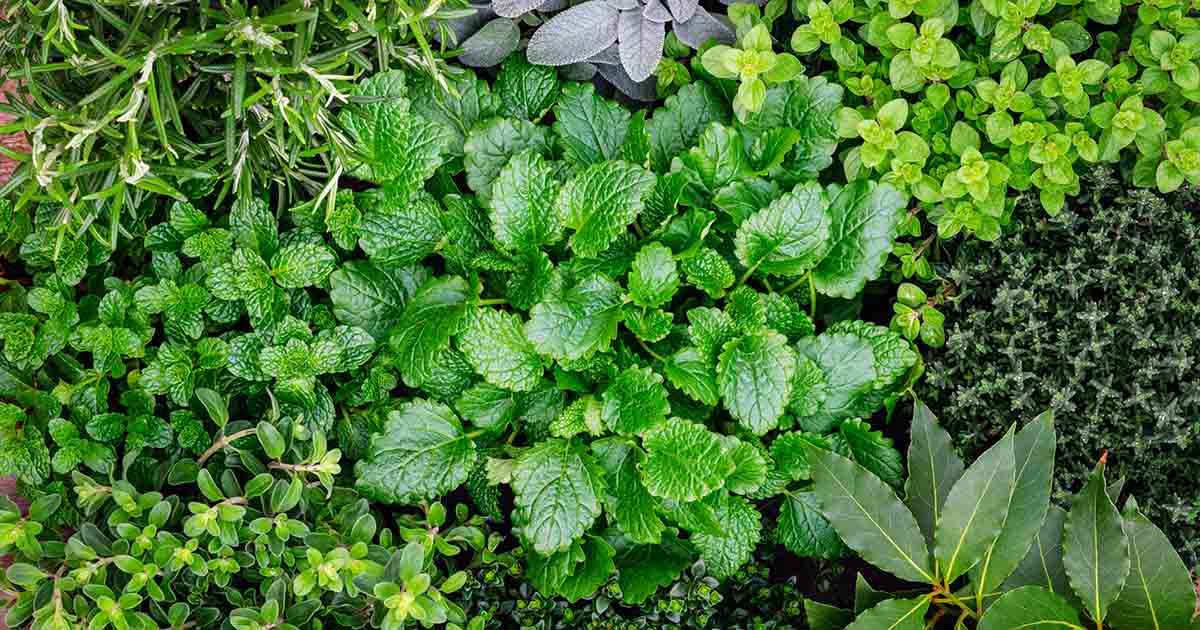
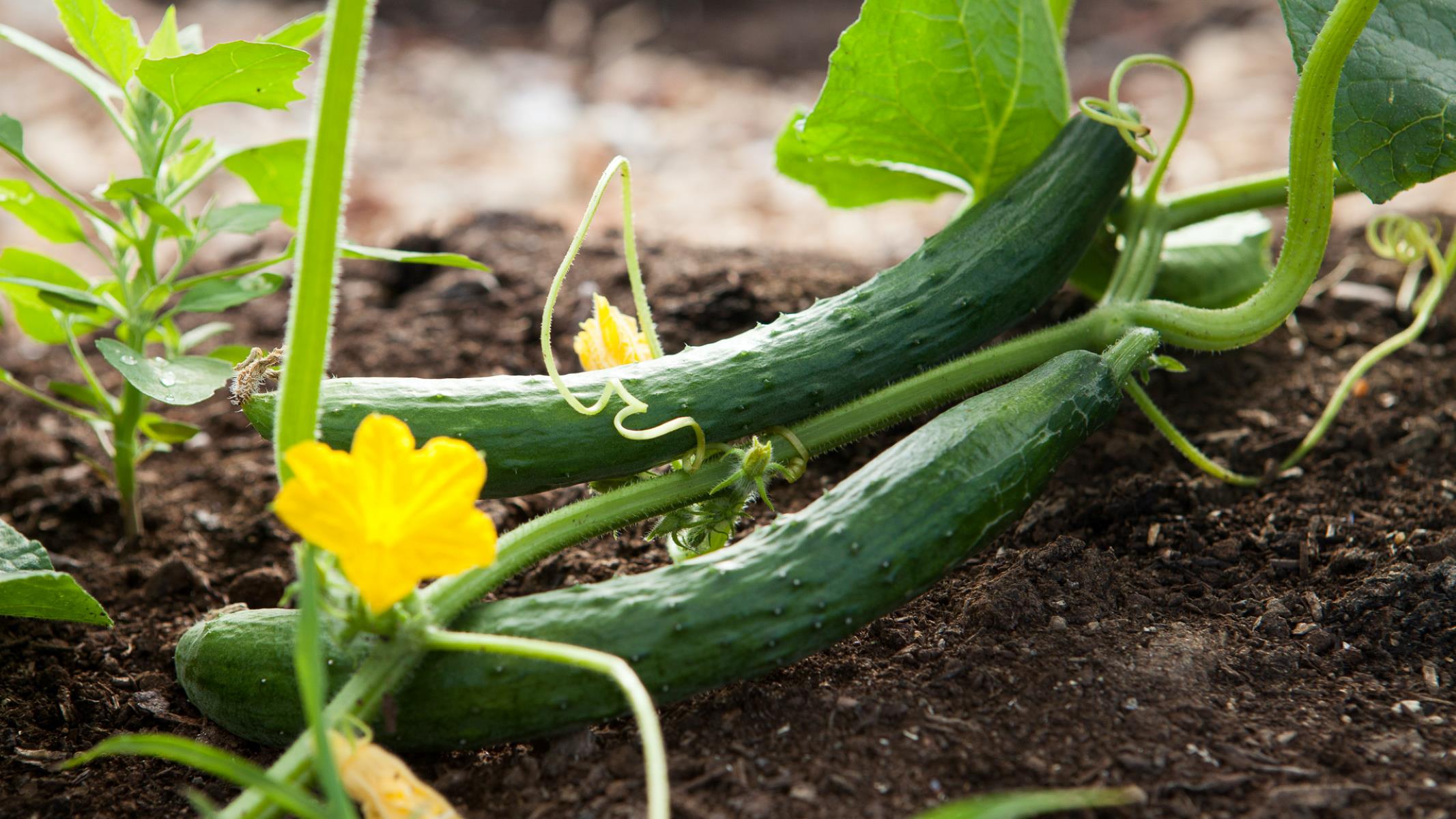
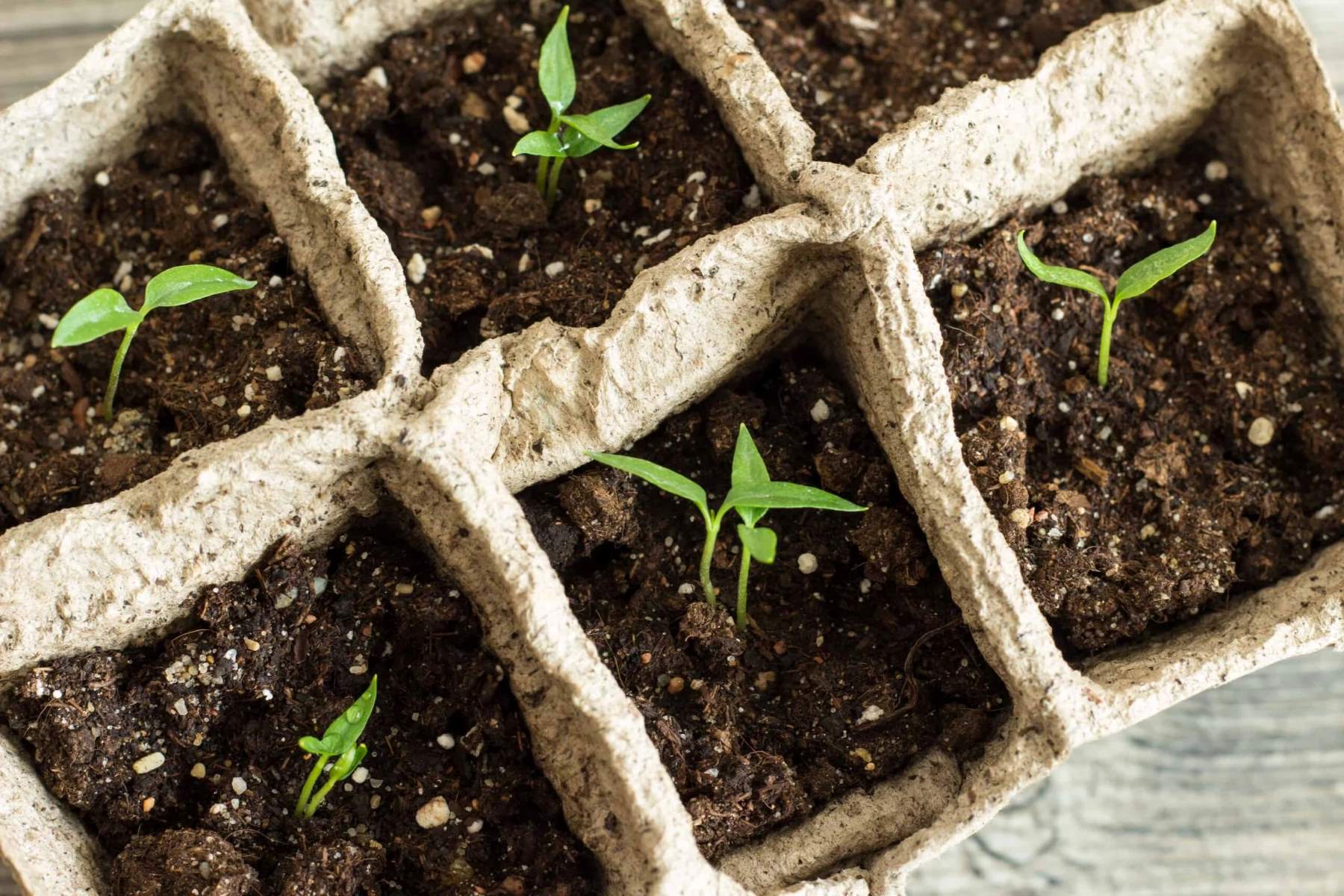
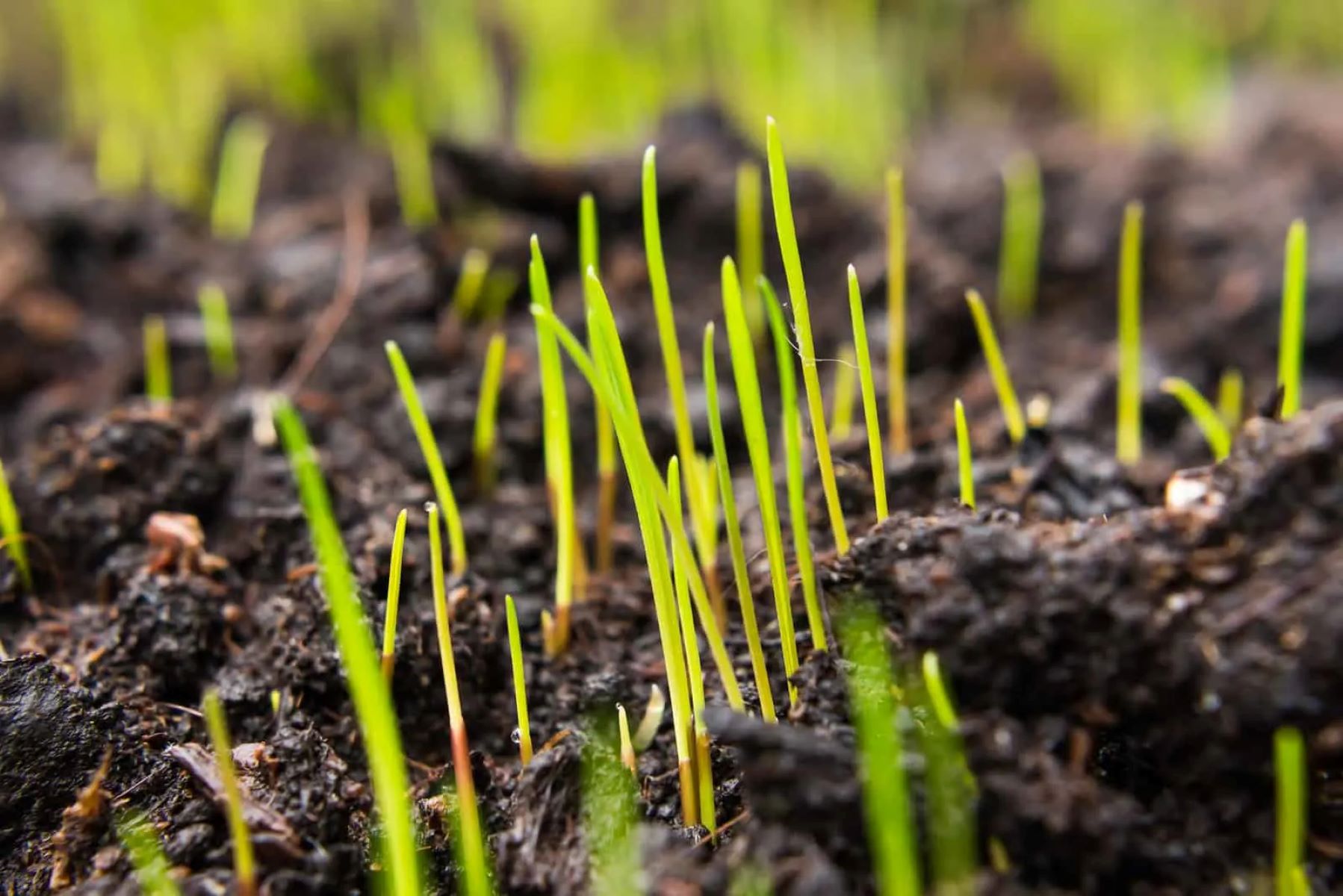
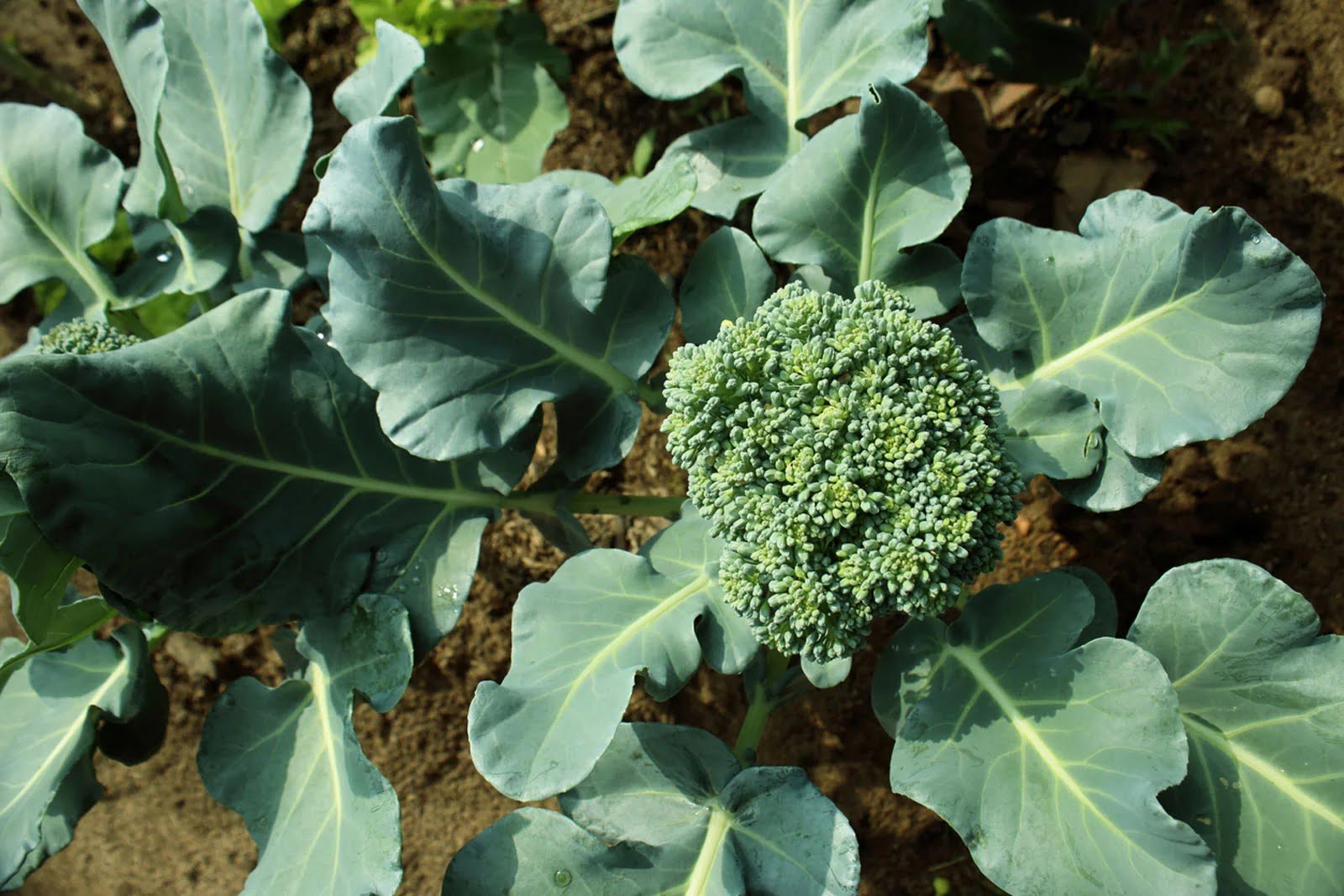
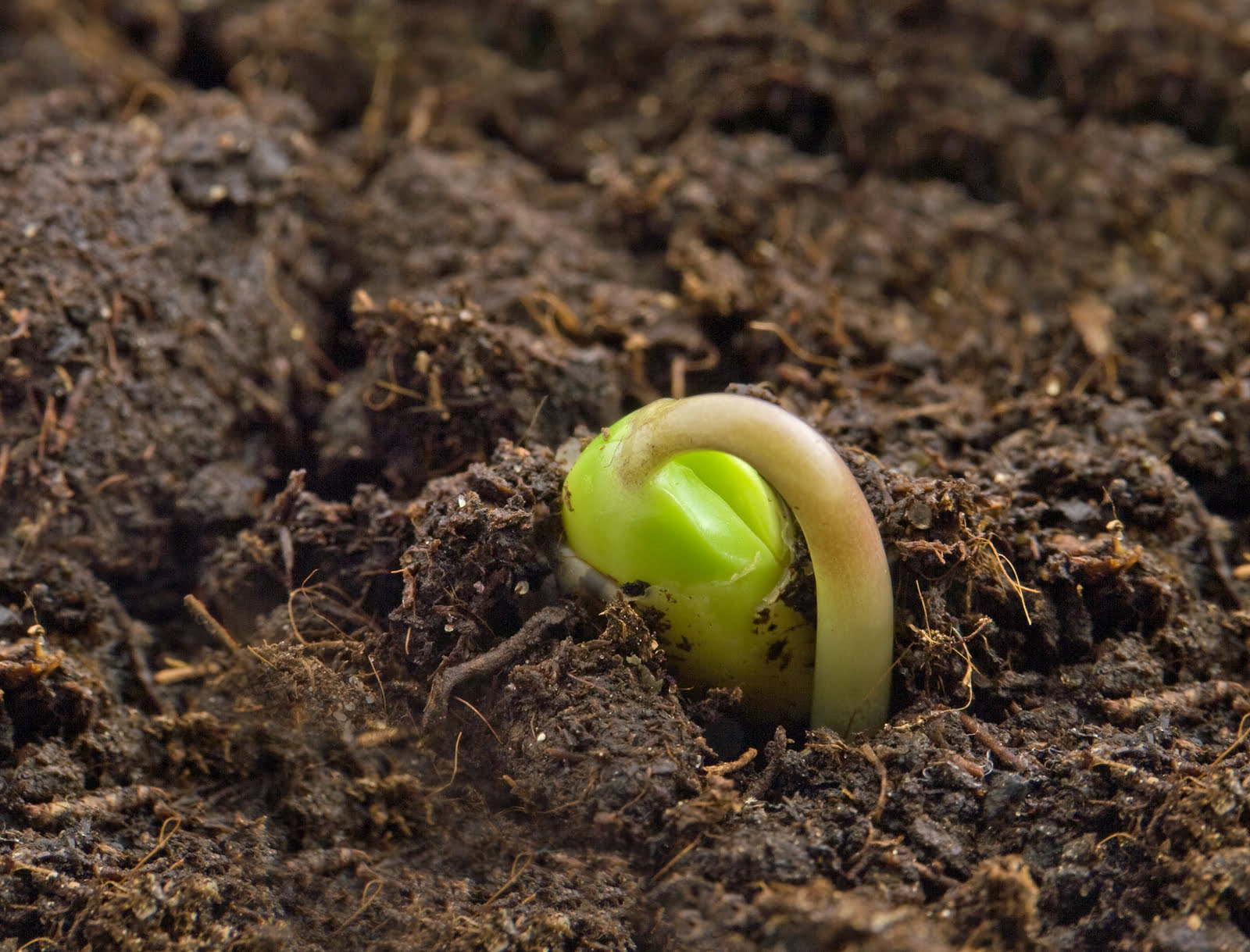
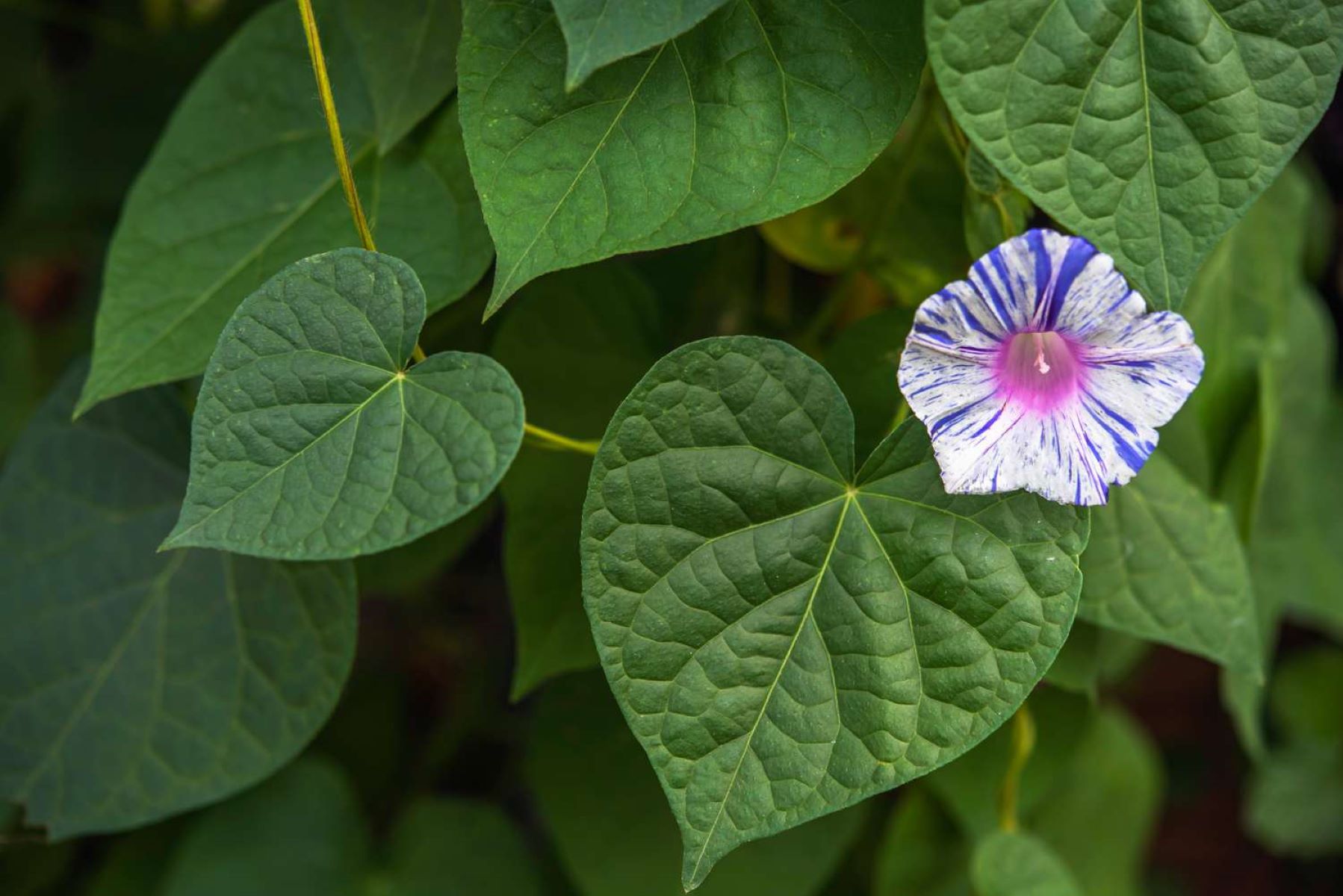

0 thoughts on “How Long For Broccoli Seeds To Sprout”